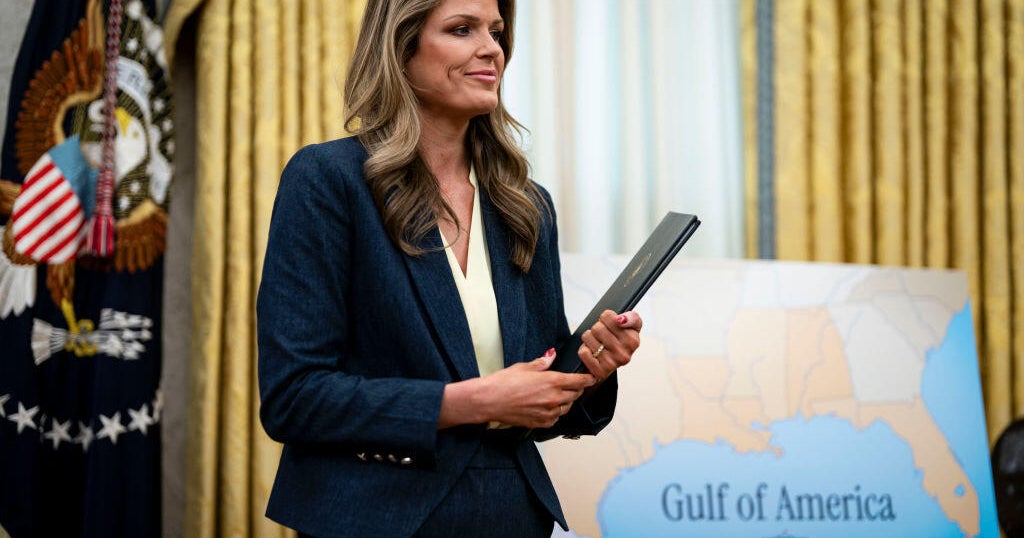
As the 2024 election approaches, Elon Musk has made his feelings about environmental regulations abundantly clear, regarding them as impediments to innovation and progress. This sentiment was echoed by the billionaire after he contributed over $250 million to help elect President Donald Trump. Following Trump’s victory, Musk took a prominent role in the newly established Department of Government Efficiency, where he led efforts to streamline the federal bureaucracy, particularly targeting regulatory bodies, including those overseeing environmental protections. This role ended in a significant fallout with the president, but Musk’s influence on regulatory practices has left a lasting impact.
Musk’s ventures—including Tesla and SpaceX—have garnered substantial power in Texas, a state already known for its lax environmental regulations. His companies have successfully lobbied for favorable legislation, with Governor Greg Abbott even citing Musk as a driving force behind the creation of a new state office modeled on the DOGE coin approach.
A recent investigation by ProPublica, the Texas Newsroom, the Houston Chronicle, and the Texas Tribune has revealed that Musk, alongside Congressman Wesley Hunt from Houston, has been advocating for his Boring Company to undertake a $760 million flood control project in the area. This has raised eyebrows, as the Boring Company is known for constructing tunnels that are narrower than those recommended by flood control experts. Concerns have been raised by engineering professionals regarding the adequacy of the proposed tunnel volume during flood emergencies and the potential interference with existing utility lines and bridge foundations.
Despite Boring’s claims of providing an “innovative and cost-effective solution,” skepticism among local officials and experts is growing. A Democratic county commissioner has openly criticized Musk’s involvement, citing his “blatant disregard for democratic institutions and environmental protections.”
As of now, Houston officials have yet to select a contractor for the flooding project, leaving uncertainty regarding what environmental regulations will apply. Historically, Boring has demonstrated an ability to navigate around environmental rules, as evidenced by a previous investigation highlighting how its Las Vegas project bypassed essential regulatory oversight. Reports indicated that Boring had skirted building, environmental, and labor regulations by framing its transportation project as a purely private venture, leveraging local connections to expedite approvals.
The company faced citations and fines for wastewater violations and has been accused of disregarding worker safety, with complaints regarding unsafe working conditions surfacing from employees. Such patterns have not gone unnoticed; Adam Kron from Earthjustice likened Musk’s companies to the fracking boom of the early 2010s, where rapid operations led to significant environmental harm and health risks. “There is a gold rush mentality of getting out there first and paying the fine later,” Kron stated, emphasizing the dangers of a culture that prioritizes speed over compliance.
Other Musk-owned enterprises have similarly encountered scrutiny. In Memphis, environmental groups have raised alarms about xAI, Musk’s artificial intelligence company, which opened a data center without prior notice to local officials. This facility, dubbed Colossus, has reportedly operated methane gas generators to meet its energy needs, raising significant environmental concerns as it emitted pollutants without appropriate permits for nearly a year.
Local residents and state representatives have expressed alarm over the potential environmental impacts, particularly in a region already burdened by air pollution. The Southern Environmental Law Center estimated the data center could release between 1,200 and 2,000 tons of nitrogen oxides annually, which are harmful to respiratory health, especially in nearby communities already facing pollution challenges.
Regulatory lapses have also plagued Musk’s other ventures. Tesla, while celebrated for its electric vehicles, has repeatedly faced allegations of releasing toxic emissions from its factories. The Bay Area facility has garnered more air quality warnings than all but one other company in California. In response to ongoing violations, Tesla has been mandated to implement corrective measures, including an abatement plan to address air pollution concerns.
Meanwhile, SpaceX has not been without its controversies. The company has faced violations of clean water regulations during its launch tests and has been investigated for debris fallout affecting communities across the border in Mexico. The Federal Aviation Administration has approved an increased number of launches by SpaceX, despite ongoing concerns about their environmental impact, with regulators attempting to expedite the environmental review process.
The implications of these regulatory challenges are profound. Jennifer Duggan, director of the Environmental Integrity Project, emphasized that the absence of enforcement mechanisms for environmental laws translates to a lack of protection for communities from industrial pollution. The consequences of unchecked pollution can lead to severe public health issues, including respiratory diseases, increased healthcare costs, and long-term community impacts.
As Musk’s companies continue to grow and push boundaries, the pressing need for accountability and regulation in the face of environmental oversight remains a critical concern. The intertwining of innovation and environmental responsibility will be crucial as these corporations navigate the complex landscape of regulatory compliance and public health. The question remains: will these powerful entities adapt to the necessary environmental standards, or will they continue to operate in a manner that places profit over the planet?


